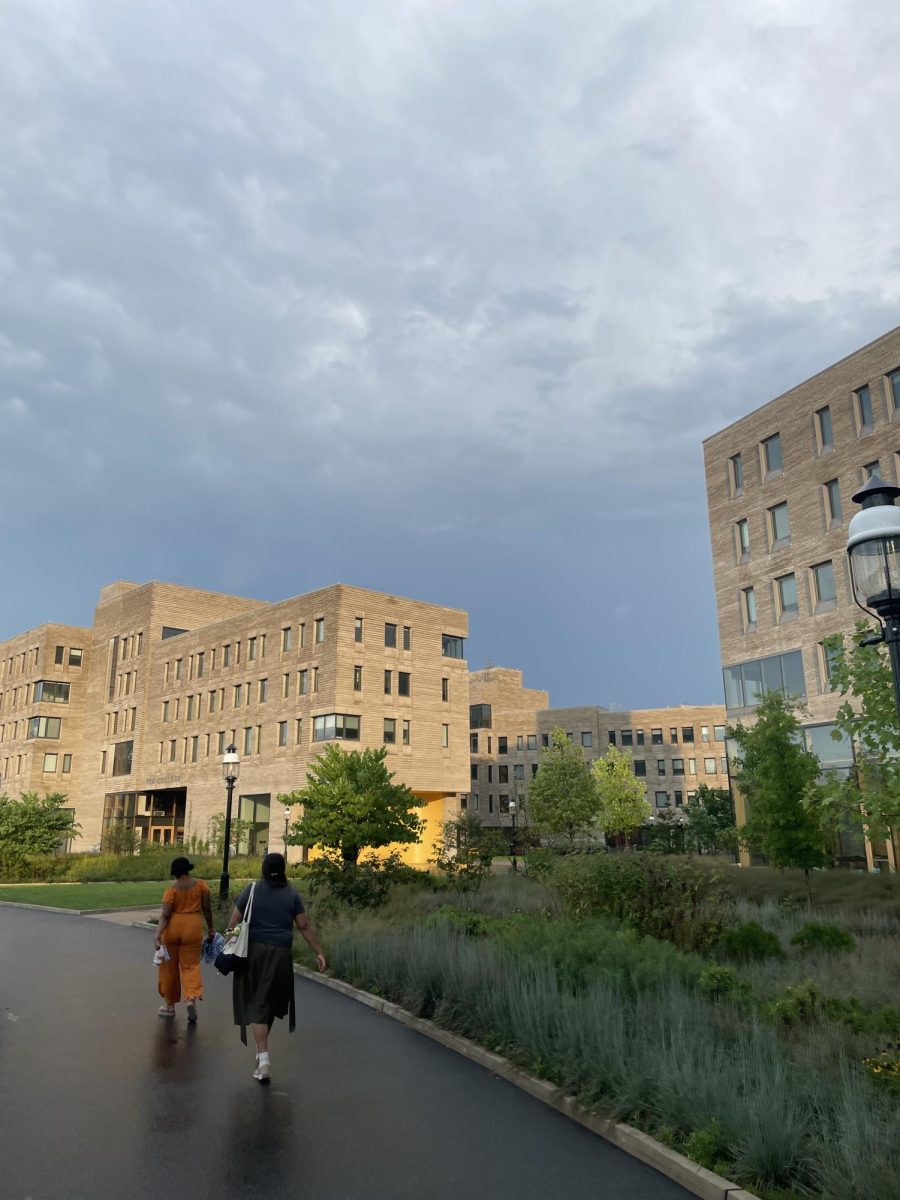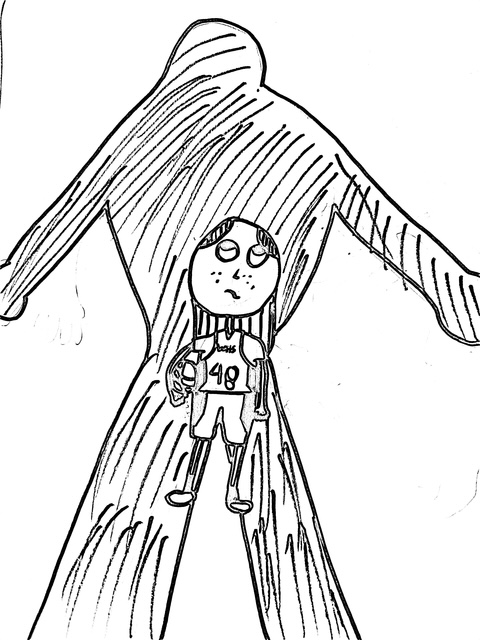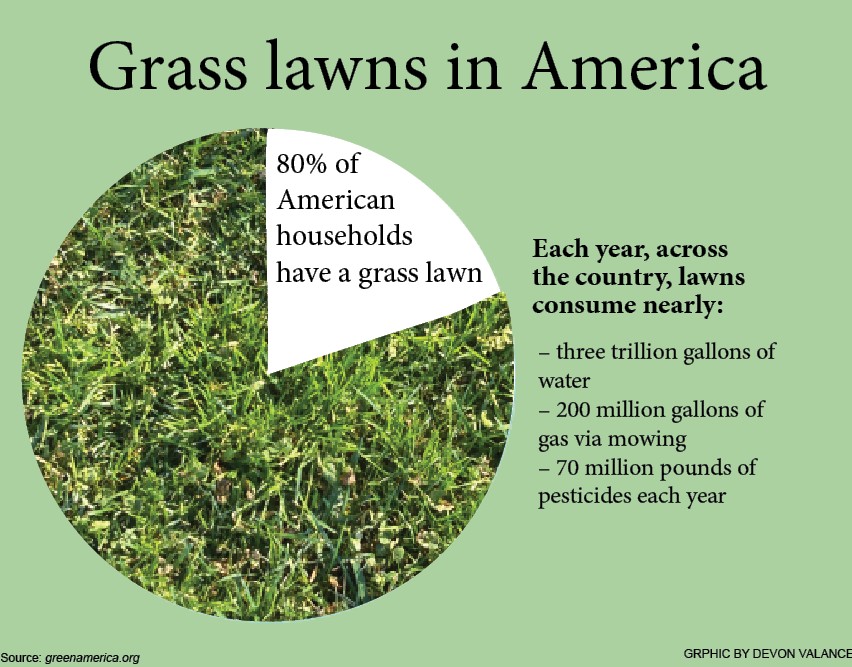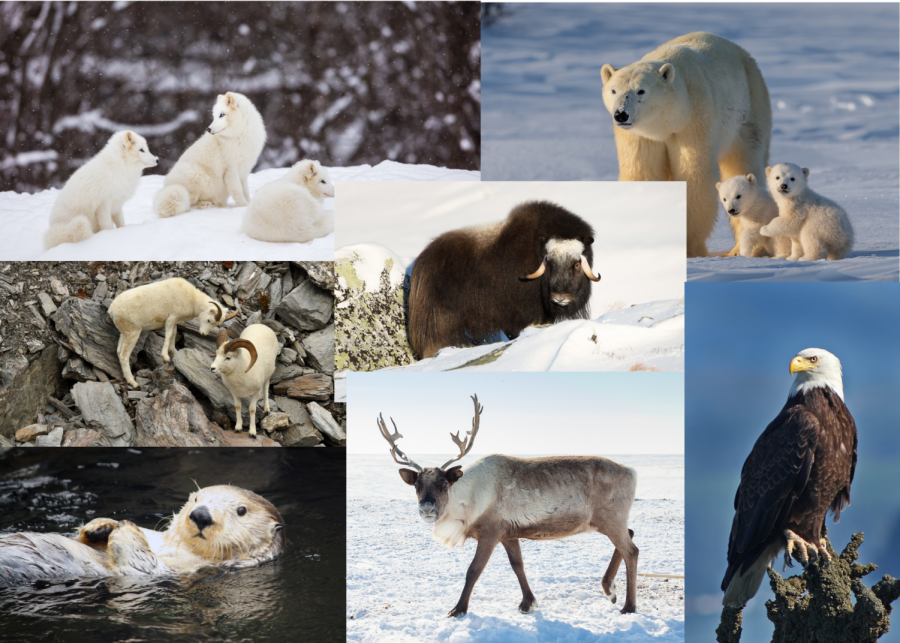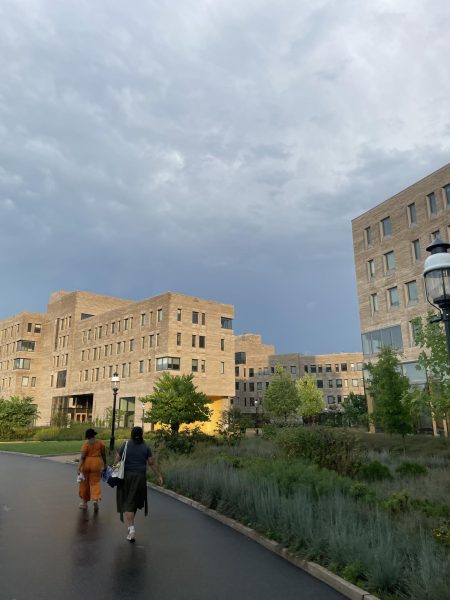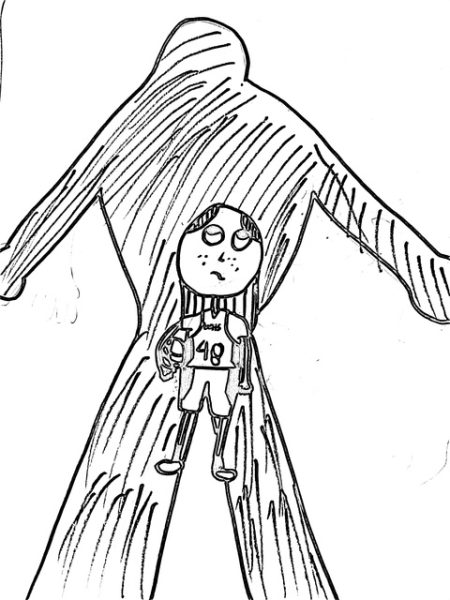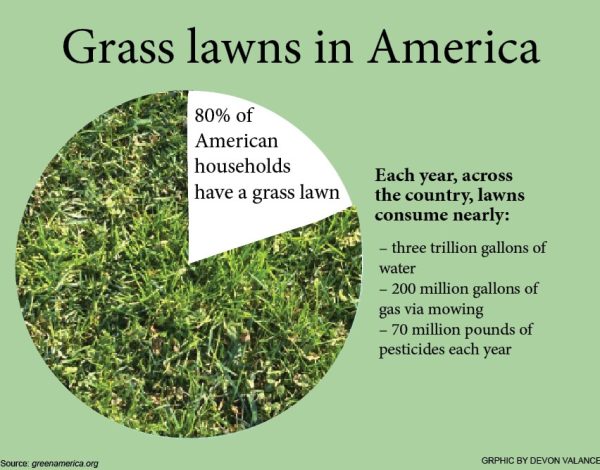Project Willow affects Alaskan communities
CONSEQUENCES TO WILDLIFE: Some animals expected to be impacted by Project Willow are artic foxes, bald eagles, musk oxen, polar bears, reindeer, sea otters and many more.
A proposal known as the Willow Project made by ConocoPhillips, a countrywide petroleum refinery, in August 2021 has the potential to lead the world into an environmental disaster that risks the biodiversity of the planet.
The Willow Project is a plan to sell Alaska for oil drilling, which is estimated to produce up to 287 million metric tons of carbon dioxide into the environment over the next 30 years which will cause a great deal of damage to the environment and the planet as a whole.
The project has been hailed by some as a beneficial endeavor for our population because it would provide a much-needed source of oil and energy as well as provide a necessary source of jobs for the future.
However, most wildlife species are on the verge of being endangered if not already there. The noise and traffic that oil drilling causes would disrupt many homes and animals, and the pollution alone will raise temperatures making it harder for these animals to survive. These developments will massively disrupt ecosystems that have thrived for years, as infrastructure like roads and bridges will break apart animal terrain.
Several developments are proposed for the project, including the construction of 250 oil wells, 37 miles of gravel roads, 386 miles of pipelines, airstrips, and processing facilities. In order to construct the Willow project, massive infrastructure would have to be bulldozed straight through these crucial habitats. This would redirect the animals’ migratory paths, potentially moving them away from nearby villages, and endangering the food security of indigenous people.
There has already been havoc brought on the lives of the Iñupiat residents of Nuiqsut, who are nearest to the project. The Inupiat Community of the Arctic is a native Alaskan community that consists of the Inupiaq people who have lived in the Arctic region for thousands of years. Located in Northern Alaskan slopes, is home to over 9,000 residents, the majority of whom are Inupiaq.
The current oil drills that are already in operation pose serious health threats to the existing indigenous communities living in the area. The village of Nuiqsut has seen respiratory illnesses increase by 20%, with oil wells being built next to schools.
The situation faced by Iñupiat subsistence hunters is a reminder of the changing climate and its effects on our planet’s delicate ecosystems. Animals have changed their living patterns, making it harder for these communities to hunt. The ice, which was once a dependable and familiar presence, has now become dangerously thin, leaving hunters and their families vulnerable to accidents and the harsh elements.
Though the petition to stop the Willow Project gained an overwhelming response from concerned citizens all over the country with over 2.5 million signatures, on March 13, 2023, the Biden Administration passed the project.
Your donation will support the student journalists of Westlake High School. Your contribution will allow us to purchase equipment and cover our annual website hosting costs.

Hi, my name is Jocelyn Glick, and I am a staff writer for my second year on The Westlake Wire. I enjoy traveling, reading, being outdoors and hanging out...





















